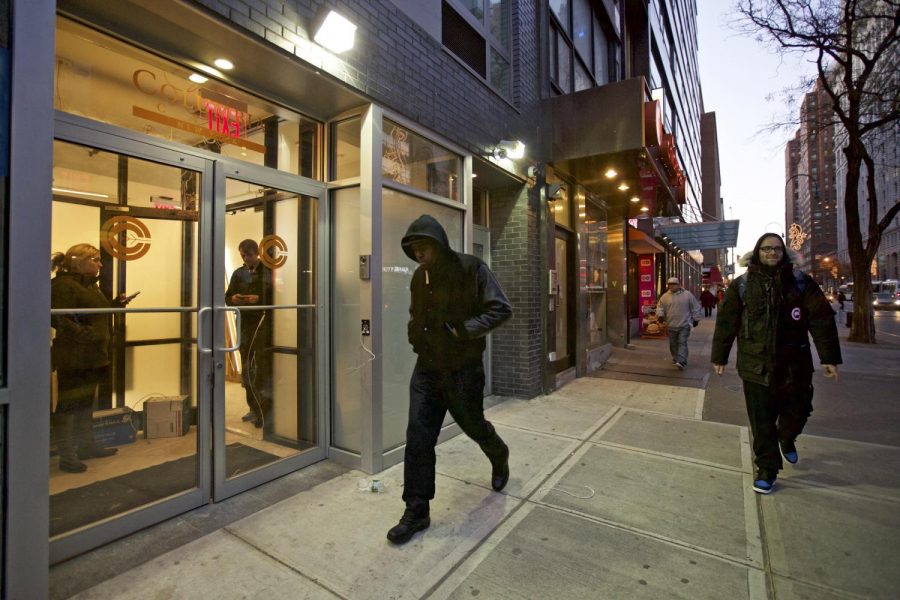Medical cannabis program in New York suffers from lack of sales and patient demand
The New York state medical cannabis program continues to struggle with a lack of sales, tax revenue and demand.
Since the program launched two years ago, state tax-collection data revealed the five authorized medical cannabis companies lost a gross total of $16 million in revenue before tax from April 2016 to August 2017.
Earlier in the year, the program suffered setbacks when less than one third of all medical professionals were registered to certify patients for medical cannabis. In May, the New York Health Department announced only 315 medical providers were registered for cannabis certification out of the 1,000 providers licensed by the state.
With the lack of medical cannabis dispensaries and practitioners, patients are forced to travel long distances to receive certification and product. The department of health announced last December it would expand products available to patients and allow dispensaries to sell wholesale product to each other. In August, the program still struggled with patient demand, with only 10,000 certified patients out of 31,116 were actively buying $200 a month in medical cannabis.
According to Landon Dais, political director of the Marijuana Policy Project of New York, most people go to a dispensary once or twice and never go back because the products are too expensive. Sometimes, patients cannot find a doctor to certify them.
The number of certified patients and overall revenue had risen in recent months, but with the department adding five more companies, existing businesses worry about sustaining the market. Ari Hoffnung, CEO of Vireo Health and operator of four dispensaries and a growing facility, said no registered cannabis organizations have made a profit since day one.
In May, current medical cannabis companies operating in New York state filed a lawsuit against the health department and claimed the state didn’t have the legal authority to add more companies to the program. The lawsuit also warned the decision could sink the program with the lack of patient demand established companies have.








